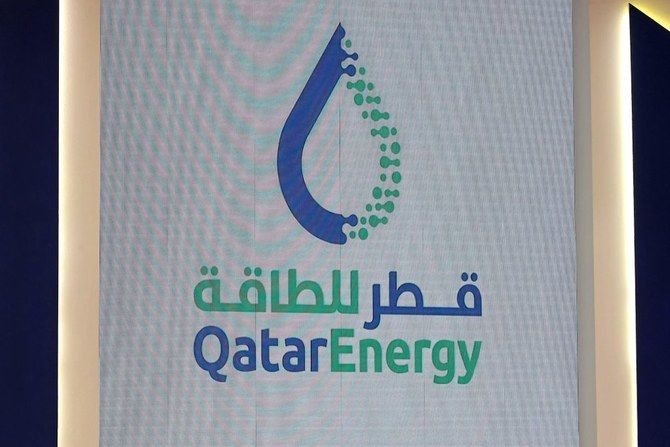DOHA: QatarEnergy chief Saad al-Kaabi announced on Sunday a new expansion of its liquefied natural gas production that will add a further 16 million tonnes per annum to existing expansion plans, bringing total capacity to 142 mtpa.
With this added boost, the overall expansion of the North Field from 77 mtpa currently to 142 mtpa by 2030 represents an increase of 85 perecnt in production, Kaabi said at a press conference in Doha.
Qatar is among the world’s top exporters of LNG, competition for which has ramped up since the beginning of the war in Ukraine in February 2022.
This latest expansion may not be the last for the energy giant as Kaabi said appraisal of Qatari gas reservoirs would continue and production would be further expanded if there is a market need.
State-owned QatarEnergy has already signed a string of supply deals with European and Asian partners in its massive North Field expansion project, which was expected — prior to Sunday's announcement — to produce 126 million mtpa of LNG per annum by 2027, from the current 77 mtpa.
Exploration activities in the west of North Field prompted the company’s decision to expand further.
Kaabi did not give a cost for the project but said it would be in the billions of dollars.
“It is difficult to give you a number now for the cost of the expansion, but it is certainly in billions,” he said.
“We will start preliminary engineering studies for the project and then at the right time we will announce how much is the cost when the project is settled.”
In December, Kaabi told Reuters that QatarEnergy had been drilling wells to assess expansion opportunities beyond the North Field East and North Field South phases.
This latest expansion will require the construction of two LNG trains, in addition to six already underway for the earlier expansions dubbed North Field East and North Field South.
The North Field is part of the world’s largest gas field which Qatar shares with Iran, which calls its share South Pars.
GAS MARKETS
Kaabi said global markets still need more gas even after this further expansion saying that Asian market growth was driven by population growth and European markets would still need gas for a “long time” despite the energy transition.
The Qatari announcement comes as US gas prices trade near an all-time low if adjusted to inflation after a decade of meteoric rise in output which made the US one of the top oil and gas exporters.
Prices of gas in Europe also fell steeply despite a drop in Russia supplies after the US and Qatar helped replace lost volumes.
Despite the price drop all major gas producers including the US, Australia and Russia want to further increase output betting on a further demand growth and worries that their gas might not be needed decades from now if energy transition makes green energy cheaper.


























